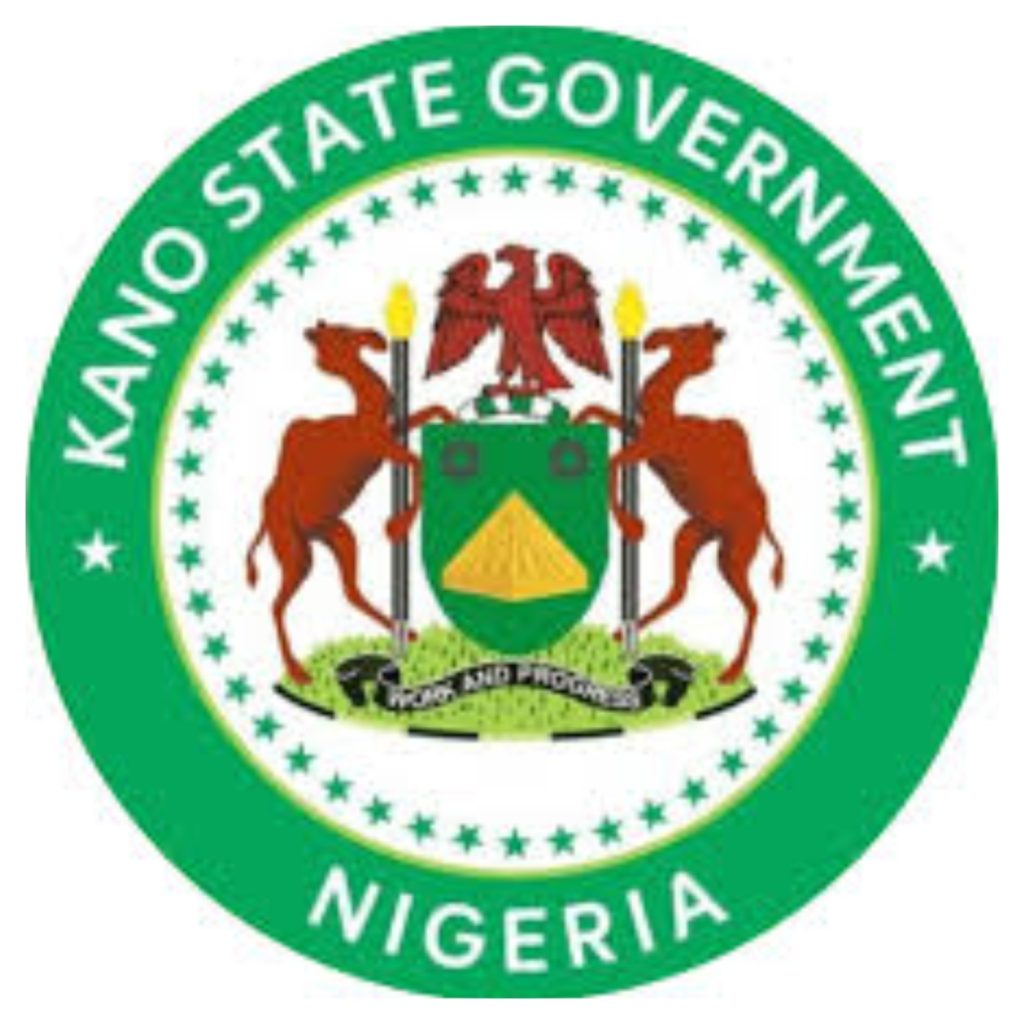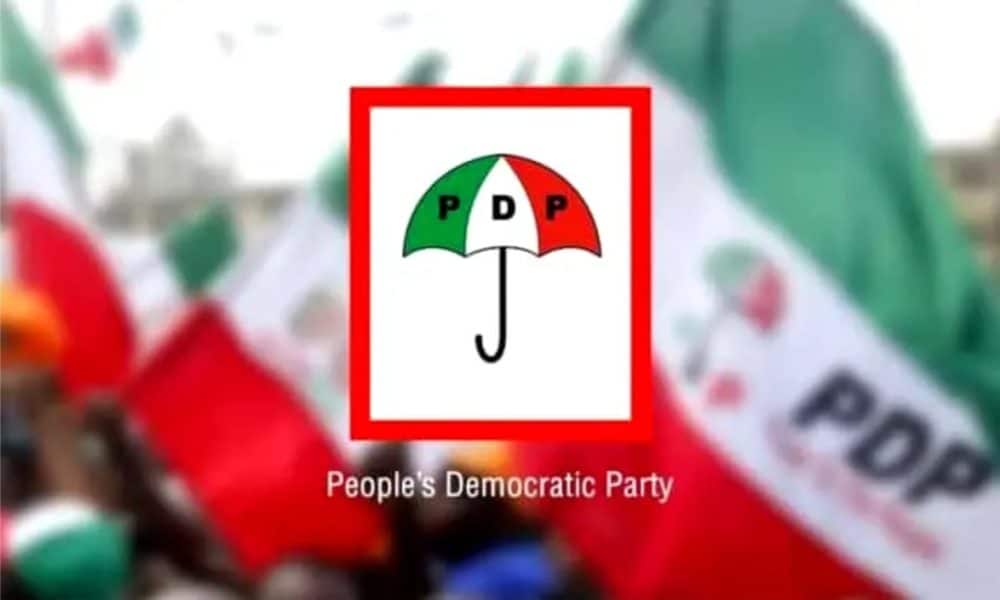Petroleum Subsidy Return Demanded by Nigerian Professor
A prominent Nigerian professor of Political Economy, Pat Utomi, has called for the reinstatement of subsidy on petroleum products amid a scarcity of the essential commodity and a surge in the price of petrol. In an interview on Channels Television’s Politics Today, Utomi emphasized the need for the government to recognize the essential uses of fuel and subsidize them.
"Nigeria’s political class is responsible for the Nigerian misery. The political class has failed the country," Utomi said, criticizing the government’s handling of the fuel crisis. He further blamed the political class for the country’s woes, stating that people feel disconnected from the government.
Nigeria has been grappling with the consequences of ending fuel subsidies and freeing the naira currency, which has driven a spike in inflation and led to higher living costs. Fuel shortages have become more frequent since President Bola Tinubu removed costly fuel subsidies, causing petrol prices to more than triple in some states.
The professor’s call for a return to fuel subsidies has sparked debate in the country, with many Nigerians struggling to cope with the increased cost of living. While some argue that subsidies have led to inefficiencies and corruption, others believe that they are necessary to mitigate the impact of fuel price hikes on the poor and vulnerable.
Utomi’s remarks also drew attention to the comparison between Nigeria’s political situation and that of South-East Asia, where citizens are known to hold their leaders accountable for their actions. The professor expressed hope that Nigeria would follow suit, calling for the political class to take responsibility for their actions and face public humiliation for their failures.
The government’s decision to end fuel subsidies has had far-reaching consequences, including a rise in food and transport costs. As the country struggles to recover from the crisis, Utomi’s demand for a return to fuel subsidies has reignited debate about the role of the government in mitigating the impact of economic shocks on citizens.



